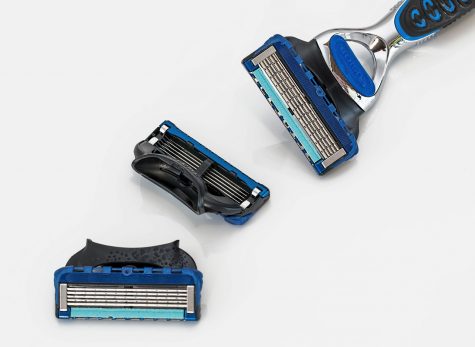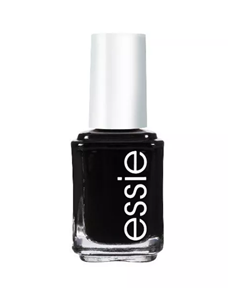The relationship between women and shaving should evolve
October 16, 2019
Even though shaving seems to be a modern practice, this habit is not exclusive to our time. This custom has existed in other historical periods and cultures, but all this obsession with it and the fact that this act is being considered as a society standard nowadays is a change of behavior that started approximately in the early 1900s.
The motives to all this popularization goes mostly from the social control over women’s bodies (the firsts ones to be influenced by this conduct), but also the influence of medicine and its advancement until the growth of the beauty industry.
In an online U.S. survey made with 3,000 women, it was found out that 59% of them reported that they shave their body hair because of a “hygienic” matter and to make it “cleaner”. However, this only shows all the social pressure imposed mainly on women, considering that, like most things we have in our body, hair also has purpose. It protects us against potential bacteria and viruses that can enter in our bodies, acting as a barrier. And in addition, the regular act of shaving can lead to skin irritation and damage.
So, taking into account that there are no health benefits, what is it about all this obsession with it and why women do suffer much more with all this standards than men?
This is not only an aesthetic issue and the answer to all these questions is clear: the female maturity is a huge taboo in society.
As said before, the act of shaving started to become common in the beginning of 1900. The beauty industry sparked the movement, pressuring women to shave their armpits and turning sleeveless dresses fashionable. Advertisements where women showed their hairless armpits began to set this shaving standard on the collective unconscious.
Later, fashion in the 1940s and 50s, encouraged American women to also do it with their legs.
Previously, some of the only women who shaved their legs were dancers, whose legs caught more people’s attention. But, during the war, there was a shortage of nylon, so women couldn’t wear stockings every day. Because of it, women being bare-legged started to be common and the search for social acceptance made them start shaving their legs.
In fashion, as the years went on, skirts got higher and also Hollywood starlets influenced to tweeze eyebrows.

In the 80’s and 90’s, the problem was pubic hair. Of course, people already cared about it before, but in the last two decades, it started to be common a complete trim in this area. During this time, video of women totally without hair started to be widely distributed, either through pornogaphy or fashion pornography, and people began to give more thoughts about it.
The Brazilian wax then hit the mainstream and the act of a complete wax became more and more famous. And yet, it didn’t really affected men’s life.
People may say that this is not a real sexist era because women are just following fashion trends, but the truth is that the beauty industry exists based on women’s submission and body control.
Nowadays, women are starting to have more freedom and self confidence in this aspect, but we still live in a time where aversion to body hair is rooted in our culture. And even if men are affected by it too, the main target is women. Girls start shaving when they just get into puberty and there are a thousand other social customs against them, like the taboo about menstruation.
But, when focusing on shaving, the worst part is the fact that a lot of women don’t even realize that they are following a huge social standard. It is completely fine if you feel better when your body is shaved, but the fact is: I bet that you would not pay to suffer every month if this was not a matter of social acceptance and pressure, which is something that we do need to recognize.
And, that is exactly why we have to talk about this subject. You will never see in history something this big happening with men. The society tries to hide female maturity and all this obsession with lack of body hair is somewhat questionable, because as far as I know, this is a natural thing. So why in social standards do women have to have their bodies hairless, as if they had not reached puberty yet?












